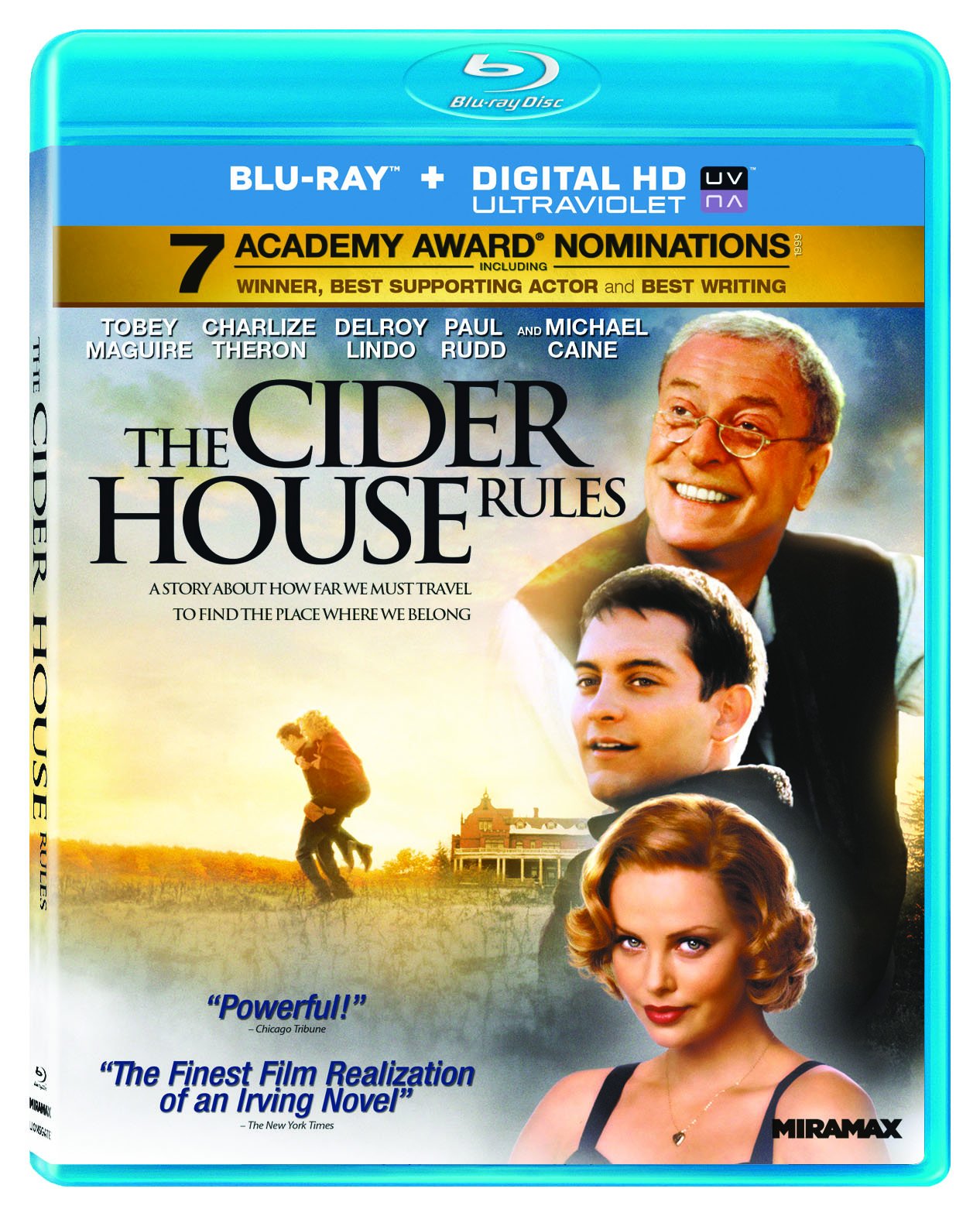Customer Services
Copyright © 2025 Desertcart Holdings Limited
![The Cider House Rules [Blu-ray]](https://m.media-amazon.com/images/I/81I-I7B5KPL.jpg)

Set in Maine in the 1940's, a young boy who grows up in an ideal orphange opts to experience life in the dangerous world outside of the safe confines of the orphanage.
Trustpilot
1 month ago
1 month ago
2 weeks ago
2 weeks ago